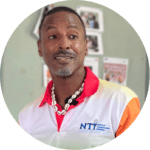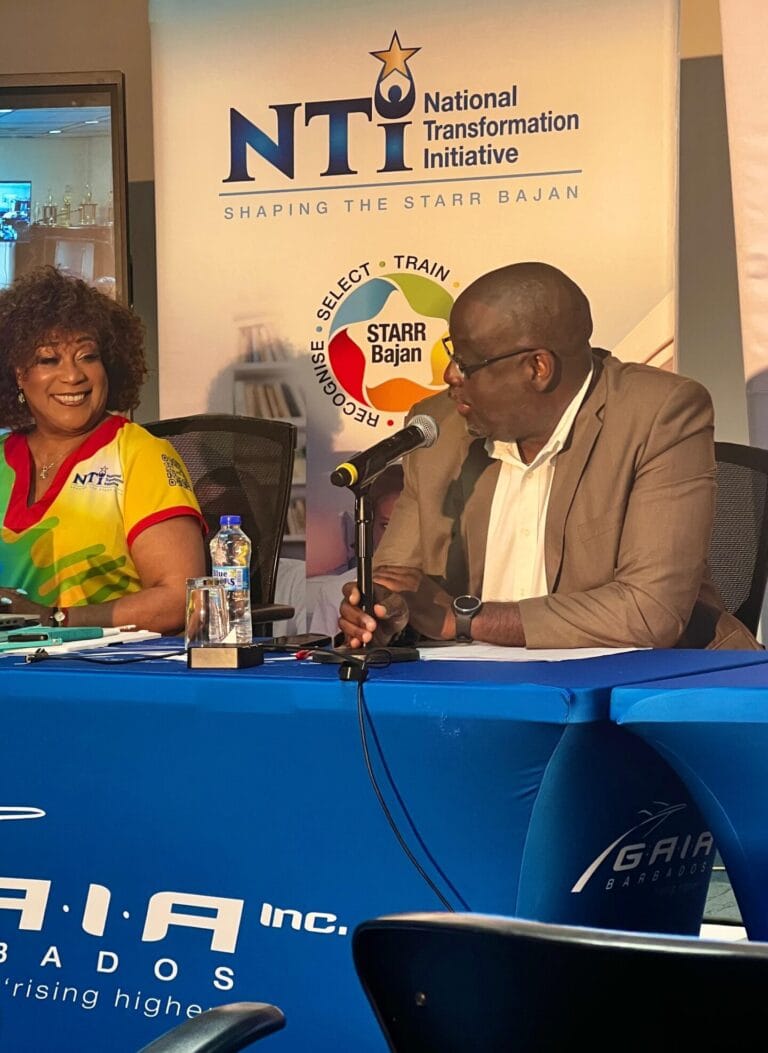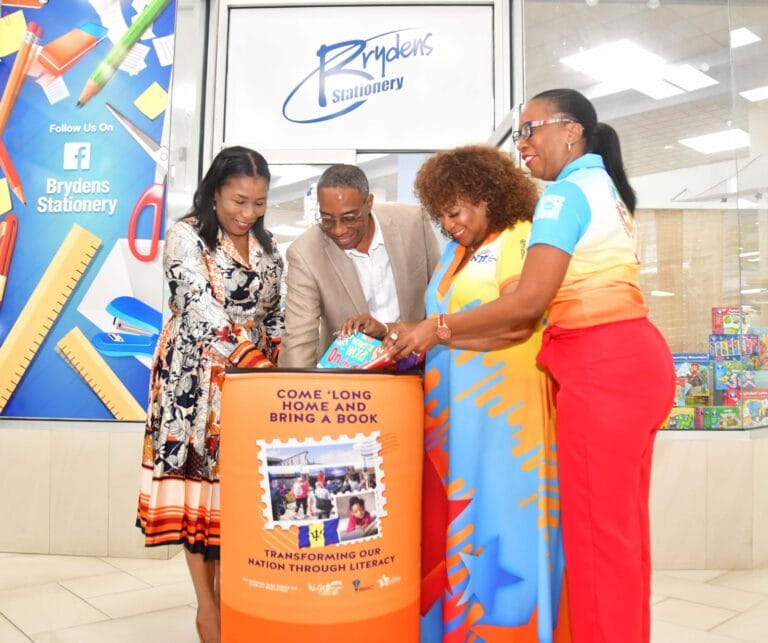Everyone is self-educated. No one can make you learn. Does this mean that teachers are irrelevant? Not at all. In fact, possibly the opposite. While a teacher can’t make you learn, they can make your learning experience more or less enjoyable. This is so important. Because while you may still learn even if your learning experiences are not enjoyable, you are unlikely to become a lover of learning.
Give me the person who laboured through their schooling and learned the habit of learning over the person who flew through school like a breeze, coasting on their brightness. While the latter student learned their lessons faster, the first student learned a deeper lesson. They learned to learn.
Two keys
So, we have here two keys to learning. One is getting joy and pleasure out of what it is you are involved in learning. The other is the willingness to put in the work necessary to learn what it is you need to learn. The two are deeply related. You will persevere in learning if you are enjoying it. You also tend to end up enjoying learning that you persevere with.
The old saying goes something like, “A good teacher teaches students, not subjects.” What then is this good teacher teaching students to be? He or she is teaching them to be good learners. It matters not so much what that teacher is teaching. When that student is done, they would have learned the skills and love of learning and will be able to grasp almost anything that they want to learn in the future.
Missing the mark
The discussion on education reform in Barbados misses the mark if it continues to focus on the 11-Plus, or curriculum reform, or STEM subjects. Not that these are not important topics of discussion with regards to education, but there are more fundamental discussions to be had. These discussions which focus on subjects and testing methodologies and such are related to, but often lose sight of, the most important aspect of education reform, which is the mindset of the students, and, more importantly, of the teachers.
The word “education” does not have the pull or power it once did. Too many people have seen too many other people who have reached the heights of the educational system, but can’t find work. Then there are the people who have reached the heights of the educational system but don’t work well. Then there are those whose time in the educational system did not work out so well and yet their net worth is now well over others who worked better in school than they did. These observations, unfortunately, lead many to undervalue formal education, or schooling. They too miss the mark.
What do you see?
Psychologist Carol Dweck argues that one of the most important ingredients in life success is a growth mindset. A growth mindset is a mindset that sees challenges and difficulties as an opportunity for growth and learning and is excited by this prospect. The opposite of this is a fixed mindset which sees challenges and difficulties as an indication of some insurmountable lack of ability. A person with a fixed mindset encounters difficulties and says, “I must not be good enough.” A person with a growth mindset encounters difficulties and says, “I will get better because of this difficulty.”
The teacher who can make the learning enjoyable while challenging the gifted student, and can also challenge the less gifted student while making the challenge enjoyable, is the teacher who will create real-real learners. Teachers who leave the gifted students to breeze through the work or make the work traumatic for the not so gifted students are not creating learners even if they get top exam results.
This cannot work in today’s world when things change so rapidly. Learning will have to extend long after schooling. The recently announced National Transformation Initiative and Coursera partnership offering free online educational opportunities to Barbadians is great. If you are already a lifelong lover of learning, this is a good time to be alive. If you have never learned to love learning, as long as you are still alive, it is not too late to build the mindset. We can all learn to love learning for life. The best teacher you have is you.







